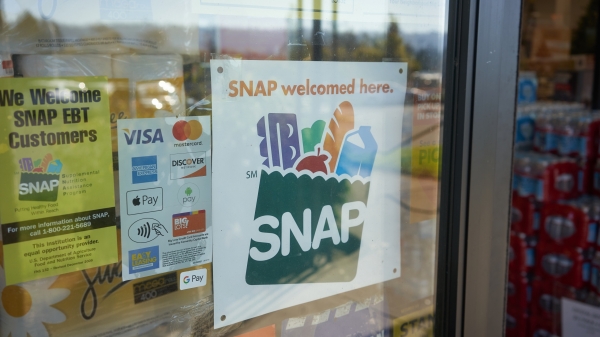|
Getting your Trinity Audio player ready...
|
Summertime often can be the hungriest time for Alabama children. By investing in Summer EBT, our policymakers can take an important step toward addressing that problem.
School kids who receive free breakfast and lunch during the school year – too often the only meals they eat during the day – lose access to these meals over the summer. Nearly 1 in 4 children in our state don’t always know where their next meal is coming from. Though some in-person summer feeding programs exist in Alabama, they reach barely 6% of the kids who need the meals. And unfortunately, this number continues to decline.
Summer EBT was created so children in families with low incomes can receive up to $120 of additional funds to help cover the missing meals over summer break. The federal government provides 100% of these payments. All states have to do is cover a portion of the administrative costs to set up and run the program.
Summer EBT funding would help bridge the hunger gap when school is out for 545,000 Alabama children, particularly among our most vulnerable communities. It would have the added benefit of creating significant economic activity, as those funds are spent immediately at local stores and grocers.
As lawmakers wrap up this year’s legislative session, Feeding Alabama and Alabama Arise urge them to include funding for a Summer EBT program in the state’s 2025 budgets. An investment of $10 million could generate more than $100 million in economic activity across the state.
Our regional neighbors Arkansas and Tennessee are among the states that have opted to fully fund Summer EBT for 2024. Because Alabama is one of only 14 states that will not fund the program this summer, we are missing out on the benefits of that investment this year. We are hopeful, however, that Alabama will fund Summer EBT for the summer of 2025 and beyond.
The negative ramifications of a failure to fund Summer EBT would show up in our classrooms, in our state’s educational performance and in the lines at our food pantries. Hungry children struggle to focus and learn and have poorer educational outcomes. That reduces quality of life and holds our state back from reaching its full economic potential.
Alabama can choose a better path. We call on our policymakers to include Summer EBT funding in the state’s 2025 budgets and support a healthier future for the children of Alabama.






















































